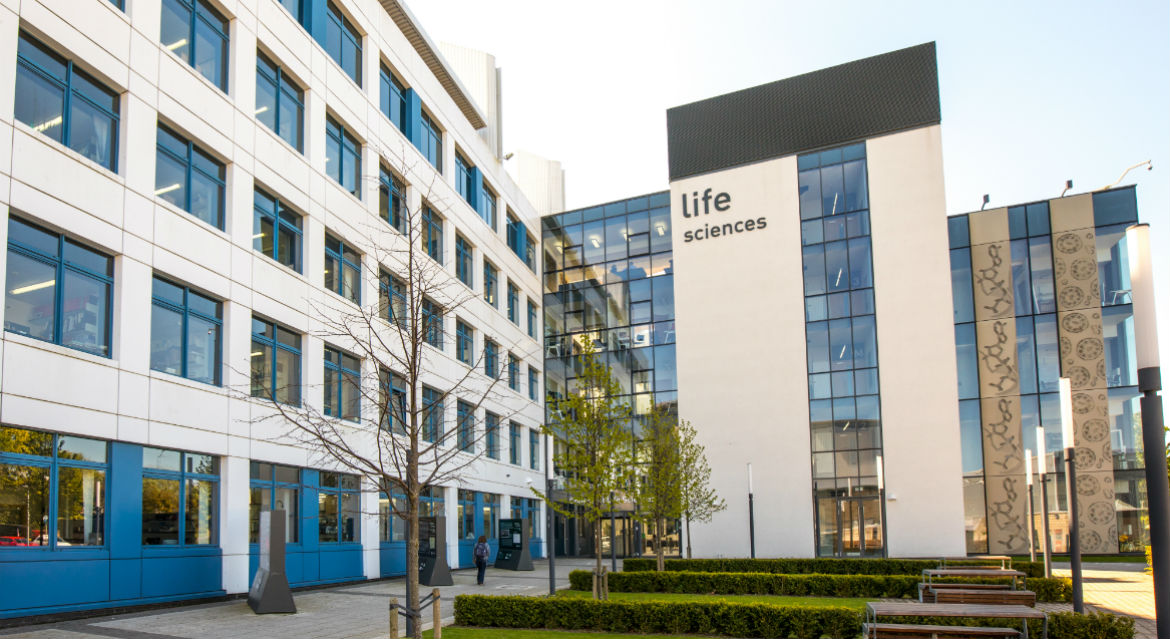Mystery of human cell ‘recycling centre’ revealed
Published On Mon 17 Dec 2018 by Jonathan Watson

A previously undiscovered stress signal can kick-start a human cell’s ‘recycling centre’, University of Dundee scientists have revealed.
A team from the University’s School of Life Sciences has found that signals sent to a protein known as STAT3 will trigger the production of lysosomal enzymes, which are crucial to breaking down proteins in the human body, an essential process in keeping cells healthy.
The findings of the Wellcome Trust-funded study, published today in Nature Communications, could potentially pave the way for research in to several neurodegenerative diseases.
Colin Watts, Emeritus Professor in the Division of Cell Signalling & Immunology, said, “Virtually all cells have specialised structures called lysosomes. These have emerged as multifunctional sites that generate information in the immune system, act as nutrient sensing signalling platforms and serve as recycling centres.
“Lysosomes are filled with enzymes that can break down proteins and other molecules for recycling but how cells boosted their lysosome capacity when a greater demand was placed on them was not fully understood.”
The study’s lead author, Dr Jonathan Martinez-Fabregas, discovered that when lysosomal capacity is insufficient, a stress signal is sent from the interior of the lysosome to a protein called STAT3. When activated, STAT3 enters the cell nucleus and drives the production of more lysosomal enzymes.
Under normal conditions this clears any backlog, but if a key enzyme is missing, as occurs in several so-called lysosomal storage diseases such as Tay-Sachs disease, material can begin to accumulate within the body. The study found that when the cells in the kidney responsible for protein recycling are overloaded, the stress signal is generated but when a key enzyme is lacking, the backlog cannot be shifted and the kidney starts to fail.
Dr Martinez-Fabregas, said, “Another signalling system, known as the TFEB system, had been described to regulate lysosome capacity, but this seemed to operate mainly under conditions of cellular starvation, when cells begin to auto digest because of nutrient deprivation.
“Discovering this second pathway, controlled by STAT3, to boost lysosomal capacity makes complete sense. The endpoint is similar but the triggers and the signalling pathways are very different.”
Professor Watts added: “These results are potentially important as there is a growing interest in manipulating the lysosomal system to try to alleviate lysosomal storage diseases and additionally, to try to clear the protein aggregates that may contribute to neurodegenerative disease.
“Those efforts have understandably been focussed on the TFEB system, but our results reveal an additional control point that could potentially be utilised.”
For media enquiries contact:
Jonathan Watson
Media Relations Officer
University of Dundee
Nethergate, Dundee, DD1 4HN
Tel: +44 (0)1382 381489
Email: j.s.watson@dundee.ac.uk